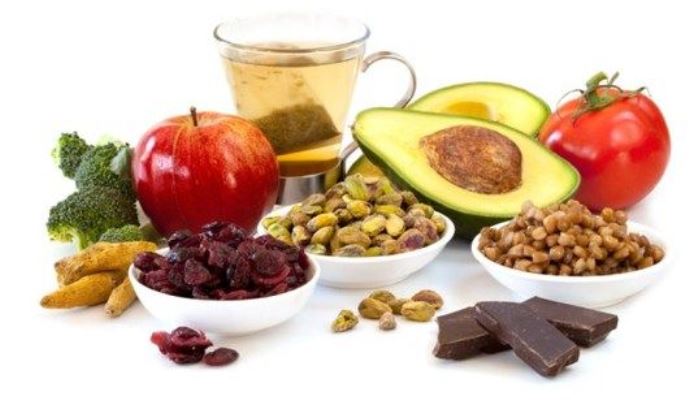
Vitamin E is an antioxidant. Antioxidants are substances that may protect your cells against the effects of free radicals.
Free radicals are molecules produced when your body breaks down food, or by environmental exposures like tobacco smoke and radiation. Vitamin E also plays a role in your immune system and metabolic processes. Good sources of vitamin E are vegetable oils, margarine, nuts, seeds, and leafy greens. Vitamin E is also added to foods like cereals. Most people get enough vitamin E from the foods they eat. People with certain disorders, such as liver diseases, cystic fibrosis, and Crohn’s disease may need extra vitamin E.
Vitamin E supplements may be harmful for people who take blood thinners and other medicines. Check with your health care provider before taking the supplements.
Conditions
- Cancer risk
- Heart
- Immunity
- Prostate cancer
- Vision
Recommendations
- 200 IU d-alpha-tocopherol daily
- Take vitamin E with food for best absorption
- Natural sources: Vegetable oils, leafy green vegetables
Interactions & Side Effects
- Blood-thinning medicine. Ask your doctor
- Statins. May reverse the effects
- Heart problems. May increase risk
![]()
Disclaimer: This website is for information purposes only. By providing the information contained herein we are not diagnosing, treating, curing, mitigating, or preventing any type of disease or medical condition. Before beginning any type of natural, integrative or conventional treatment regime, it is advisible to seek the advice of a licensed healthcare professional.



























